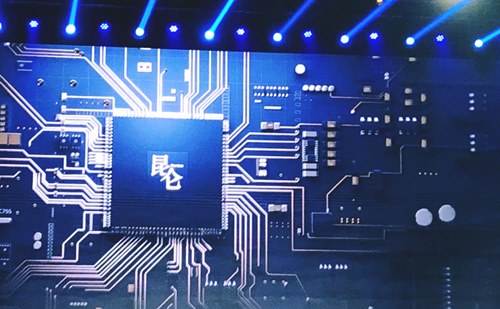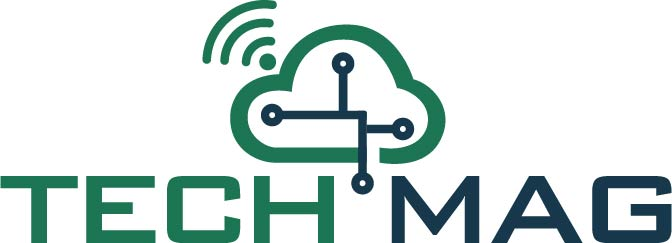
Renowned Chinese conglomerate Baidu, has apparently joined the league of Intel, Nvidia and Google with its latest launch of a new chip, Kunlun that is specially designed for artificial intelligence. Having debuted at Baidu's AI developer conference at Beijing, this fresh-off-the boat chip is developed to handle AI prototypes for edge computing in the cloud and on devices via data centers. If reports are to be relied on, the Kunlun 818-300 would be utilized for training purpose, while the 818-100 model for inference. For the record, Baidu began working with FPGA chips (field programmable gate array chips) few years back in the year 2011. Kunlun has a computational capability that is nearly 30 times faster than the Baidu's first FPGA chip. According to a spokesperson, other key specifications of the AI chip include a 512 GB/second memory bandwidth and 260 TOPS (tera-operations per second). Another significant announcement that was made in the conference was about Apolong's self-driving buses being powered by Baidus Apollo program. For the uninitiated, Apolong was developed in partnership with the renowned Chinese bus manufacturer King long, and utilizes Baidu's autonomous driving platform Apollo. Reportedly, the buses carrying commercial passengers would be operational in Chinese cities like Shenzhen, Beijing, Wuhan, and Pingtan as well as in Tokyo, Japan. Approximately, around 100 Apolong buses are already manufactured and scheduled to come on road by early 2019. As per reliable sources, Baidu is also planning to upgrade its AI services with the launch of Baidu Brain 3.0. An absolute enhanced version of its predecessor, this new platform would be able to provide simple drag and drop training of artificial intelligence based models. Allegedly, as of now, it offers 110 AI services, spanning from natural language command processing and computer vision to facial recognition. Apollo driving platform, having garnered attention and support from over 100 American and Chinese tech giants, would now reportedly enter into a partnership with Intel's Movidius.
